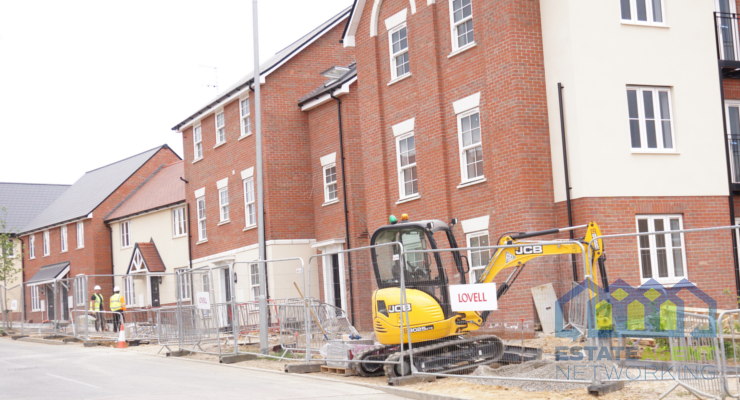Our Predictions for the Property Market in 2020
Now that 2020 is upon us, we give our analysis on what will happen within the property market in the year ahead Property prices will increase In the 2019 general election the Conservative party won a majority.
This has allowed them to press ahead with Brexit and has allayed the uncertainty surrounding it.
Uncertainty within the political sphere often has ripple effects, one can be the economy and subsequently the housing market.
This had a profound effect in 2019 on the property market with prices in the UK rising at a sluggish 1.4% in the year according to Nationwide building society.
Now that the uncertainty surrounding Brexit has been cleared up somewhat, we expect prices to increase at a much faster rate. In 2019 we noted many adopted a “wait and see” approach and wanted to postpone buying property until greater clarity was brought to the Brexit situation.
Now that we have a majority government in the UK, political issues will no longer be left in limbo for the foreseeable future.
We predict that this pent-up demand will result in a surge of buying in the first half of 2020.
We expect modest property price increases in 2020 and a few bodies such as The Royal Institution of Chartered Surveyors have predicted rises of around the 2% mark.
We expect this will be followed by sharper increases in future years when trade deals have been negotiated.
Rightmove has predicted that prices will rise more drastically in the north, and we think more specifically the north west.
Movement in first-time buyers The modest increase may be encouraging for first-time buyers.
Sales to first-time buyers account for roughly half of all house purchases.
An increasing number of mortgage lenders are giving access to 5% deposit mortgages and lending on 40-year mortgage terms.
The consistent demand from first-time buyers coupled with the shortage of supply and lack of house building should push house prices towards an upwards trajectory.
Landlords to retain their portfolios During the general election, one of the main concerns we noticed was from landlords on the impact of a Labour government.
One policy which was dropped just before the general election campaign was to bring in a radical “right to buy” scheme that would allow private tenants to buy their rented home at a “reasonable price”.
Although this idea was abandoned, Labour were always tainted as the party that would be the most hostile towards landlords.
Their housing policies such as rent controls aggravated those concerns.
The Conservatives have always been the party most sympathetic towards landlords.
It is understood that their new policies and what they will announce in the Spring Budget will not have as harsh ramifications for landlords.
Currently we are aware that new legislation will mean properties with an energy efficiency rating of F or G will not be able to be rented out, and landlords will no longer be able to claim tax relief on mortgage interest payments.
Around 52% of landlords are hopeful that they will see an increase in their rental yields this year, indicating a renewed enthusiasm for the sector.
In conclusion, we feel that the conclusive general election result and certainty that comes with that will provide a boost to the property market.
Although Brexit is a cloud which hovers over the economy, we can only see property prices increasing as greater clarification is achieved.
There is still a demand for property in the UK, and the government’s lacklustre attempt at housebuilding will only strengthen the demand.
Although house building to June 2019 was at an 11-year high at 170,000, it still falls way short of the target set by Theresa May’s government of 300,000 new homes per annum.
We feel as though areas in the north of England where prices are lower provide the best opportunities for investors. Because of uncertainty, we understand that people are not wanting to invest vast amounts into the property market.
There is a preference for buying properties at lower values where there is scope for more capital growth.
For example, property prices in cities such as Birmingham are predicted by Knight Frank to increase by 12.5% in the years to 2022.
The north west is predicted to see the strongest growth, with prices increasing by 24% according to forecasts from Savills.
With the political situation in the UK calming down somewhat, but with property prices not quite accelerating, we feel like now is the ideal time to consider UK property investments.
We offer a range of Liverpool buy to let investments, which is the area forecasted to have the strongest growth.
We also have investment opportunities in other northern cities, such as this buy to let investment in Leeds city centre.
For further 2020 UK property market predictions, see our best places to invest in UK property in 2020 article.









